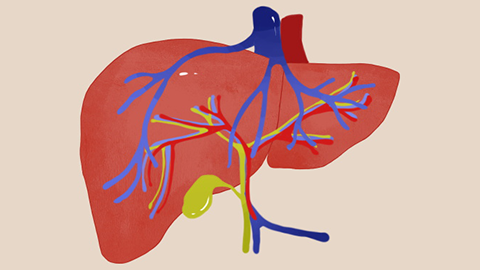Can elevated total bilirubin levels resolve on their own?
Elevated total bilirubin caused by physiological factors generally resolves spontaneously. If the elevation is caused by diseases, it usually cannot resolve on its own. It is recommended to seek timely medical attention and identify the underlying cause under the guidance of a qualified physician before initiating treatment.

Physiological increases in bilirubin, such as neonatal jaundice, occur when the body cannot effectively process bilirubin in the blood, leading to a temporary elevation. Bilirubin elevation in such cases generally does not require specific treatment and will naturally decrease as the infant's liver function gradually matures. Mild alcohol consumption or temporary liver dysfunction caused by medications may also lead to elevated bilirubin. Liver function can gradually return to normal after stopping alcohol consumption or discontinuing the related medications, and bilirubin levels will subsequently decline.
If elevated total bilirubin is caused by pathological factors, it usually cannot resolve spontaneously and requires active treatment. Bile duct obstruction caused by factors such as stones or tumors compressing the bile duct will not disappear on their own; therefore, the resulting bilirubin elevation also cannot resolve spontaneously. Diseases such as hepatitis and cirrhosis may cause liver cell damage, thereby affecting the normal metabolism of bilirubin. In these cases, elevated bilirubin levels typically require treatment such as liver-protecting and enzyme-lowering therapies to control liver inflammation and cannot resolve on their own.
Maintaining healthy lifestyle habits in daily life, avoiding excessive alcohol consumption, and eating a balanced diet can help maintain liver health and prevent elevated bilirubin levels.




